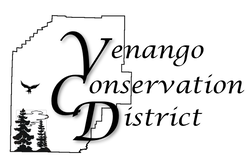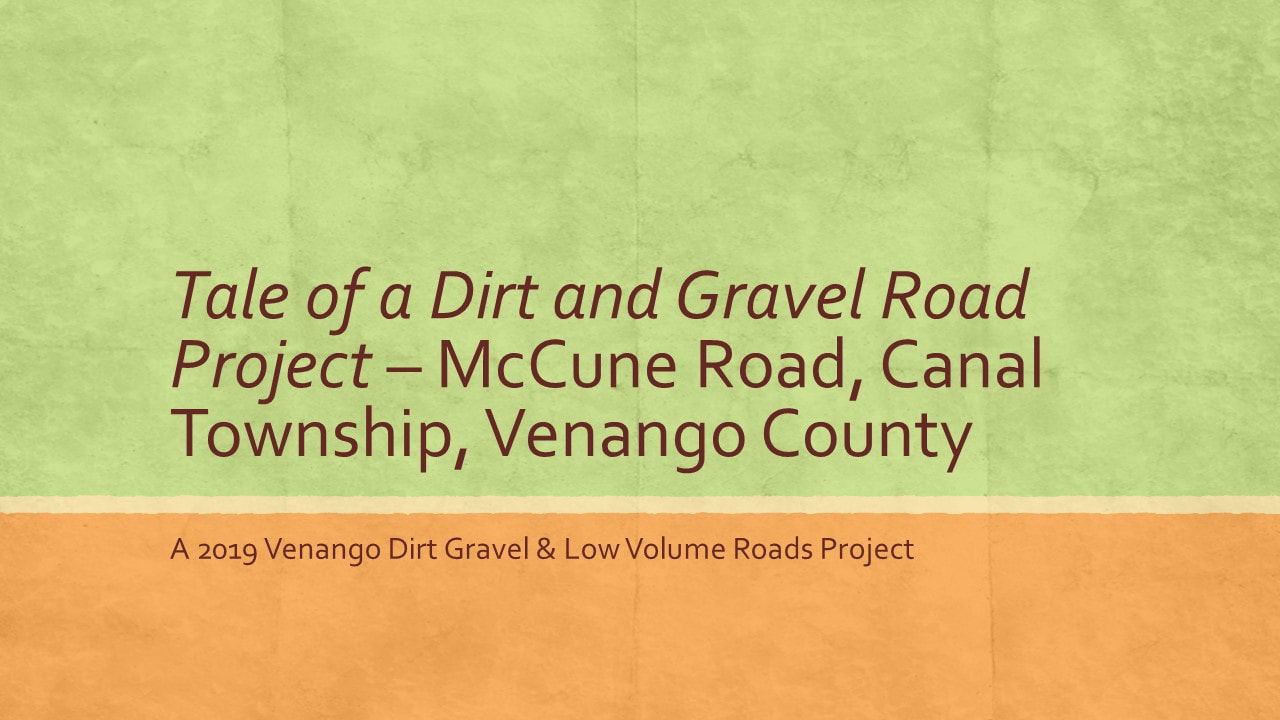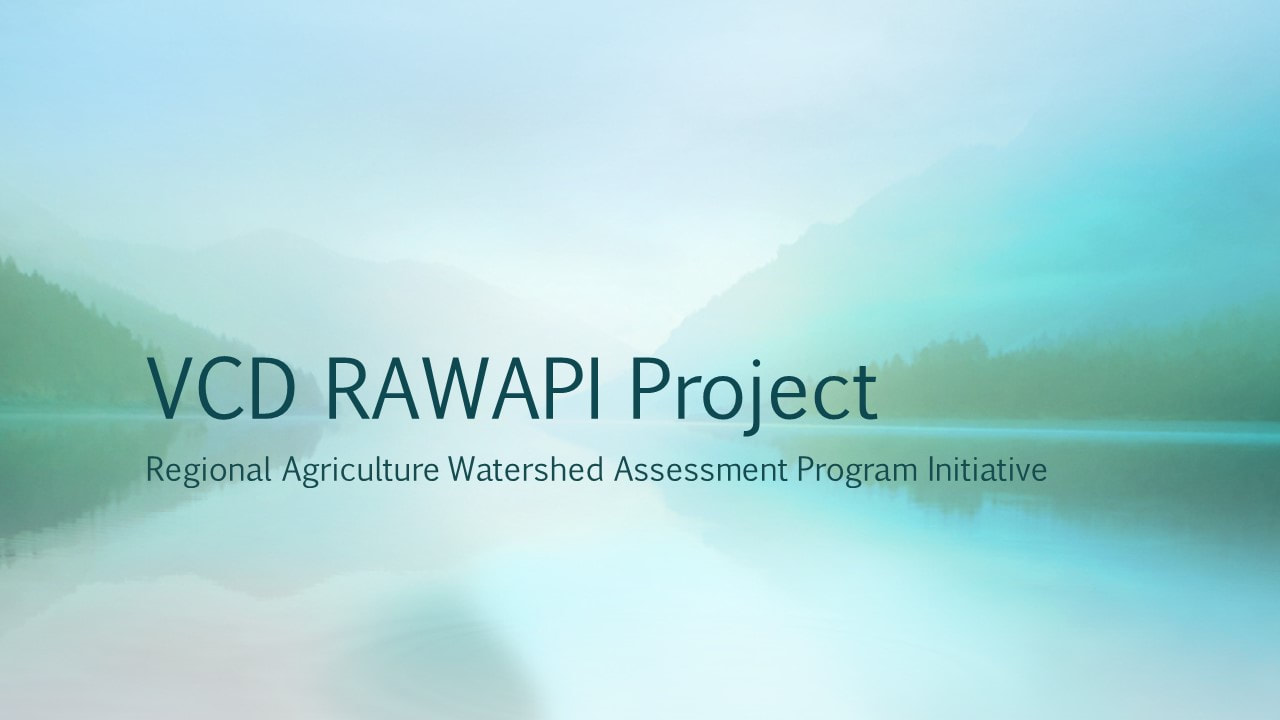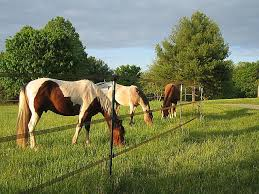|
We hope you enjoy this story slide show of the 2019 McCune Road Dirt and Gravel Road project in Canal Township, Venango County.
1 Comment
In the spring of 2014, a fish kill event at Kahle Lake in Venango and Clarion Counties prompted the Pennsylvania Department of Environmental Protection (DEP) to conduct an evaluation of the watershed. DEP found that excessive nutrients like phosphorous and nitrogen were present in the watershed. They determined that these excessive nutrients were most likely to have caused the fish kill event and that agricultural practices were the most likely contributors to the pollution.
The Pennsylvania DEP Regional Agriculture Watershed Assessment Program Initiative provided funding for watershed impairment improvements in one county in each of the DEP regions in 2014. DEP awarded funding to the Venango Conservation District through this program. The district was tasked with four aspects to correct this pollution problem. The district assessed and identified sources and potential sources of pollution in the Kahle Lake watershed. The district also worked to create corrective plans. The district worked to develop designs and engineering of Best Management Practices on agricultural operations and, through this funding were able to construct practices to reduce the nutrient overloading problem. The Venango Conservation District was able to accomplish the scope of work outlined by DEP for the initiative. The district was then able to identify three additional agriculturally impaired watersheds in Venango County which could benefit from the same practices. Five agricultural operations were able to take advantage of the funding to construct Best Management Practices to reduce pollution. This project was a success in large part because the district was able to coordinate with several organizations like DEP, the US Department of Ag Natural Resource Conservation Service, PennDOT, Team Ag and all the operation owners. All of these folks worked together to accomplish the scope of work for this project. Best Management Practices(BMPs) can be used as a term to describe a type of water pollution control or treatment. Some practitioners also use the term BMP to describe both structural or engineered control devices and systems to treat polluted stormwater, as well as operational or procedural practices. For example, minimizing the use of chemical fertilizers or were and when these chemicals are applied.
In agriculture there are numerous BMPs that can be implemented on any operation or farm to control manure and sediment, stormwater, or chemicals. These BMPs first act as control devices to keep the clean water clean and capture and treat polluted water or divert and treat polluted water before it reaches our waterways. As rain water runs off our streets, parking lots, lawns, and other surfaces, it picks up pet waste, pesticides, fertilizer, oil, and other contaminants. If the water doesn’t evaporate or soak into the ground, it flushes straight into local creeks and rivers adversely affecting water quality and aquatic life. Currents of runoff scour stream banks, destabilize the natural contours of the streams altering their depths. Eroded dirt from the runoff blocks sunlight from reaching underwater vegetation, and smother the aquatic homes of other life. As grasses and marine life die, fish and other creatures that rely on them are jeopardized. The runoff also carries nutrients that spur algae blooms, leading to low oxygen in the water resulting in fish kills. The Venango Conservation District works with landowners who are involved in an agricultural practice with technical assistance or financially through finding grant funds. We received a grant for $18,000 to work with a landowner on installing BMPs on their farm. The funding was DEP Growing Greener distributed though the Northwest Commission. The BMPs designed to be installed will limit the amount of nutrient laden runoff leaving the animal area and divert clean stormwater around the premises limiting the pollutants entering a creek in Northern Venango County. Most creeks and open water in Venango County contain significant portions that are open to public fishing and are stocked with trout. Runoff from this farm not only effects the local watershed but then drains into the next watershed of Oil Creek which is within Oil Creek State Park. *** If you are a landowner interested in any further information on how you can get technical assistance,*** questions answered or to inquire about potential grant opportunities, call the Venango Conservation District or email our Agriculture Technician at [email protected] |
CATEGORIESs
All
Archives
July 2024
|




